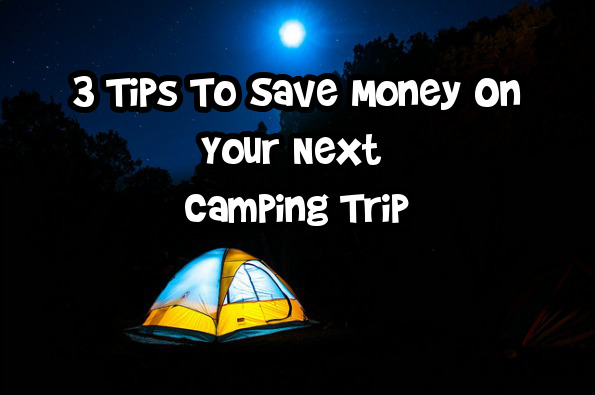
Camping is still a very economical way to take a vacation and unwind. According to Smart Family Finance, the average family camping trip costs $380. That does not account for what gear you may or may not already own and is a rough estimate. In comparison with the $2,000 to $4,000 that Vacation Kids suggests is the average family budget for a vacation, camping is quite a bargain deal. If you are pinching your pennies, these tips below for beginners can help you avoid those extra costs that are not necessary and inflate your budget.
Go Easy On Gear
Gear is an investment, and one that most savvy campers add a little every year. Cost Helper Fitness estimates a family of four will spend $300 to $500 for beginner level gear to camp out of your car, assuming you have no gear to begin with. If you choose to buy high-end gear, that same family could spend as much as $1,000 to $2,500. Included in those costs are the following basic items.
- Tent
- Sleeping bags with pads and/or folding cots
- Stove
- Lantern or Flashlight
- Cooler
If you can, borrow gear from friends or family members. I used to camp quite a bit, but do not currently own much gear. I have friends who camp also but will not spend the entire summer camping. By borrowing a few basics from my friends, I can save several hundred dollars on items that are sitting in storage anyways.
You can also check Bargainmoose for deals on gear, as we post them when we find them. Keep a running list of items you would like this year, and buy them at the end of the season to make next year’s camping trip more pleasant.
One last option is to consider renting gear. Some of the gear stores such as MEC Canada offer programs where you can rent gear. This can tide you over for a trip or two without having to invest big buck on pricey gear. It can also allow you to try out something new before you consider purchasing it.
Pack Your Cooler With Larger Chunks Of Ice
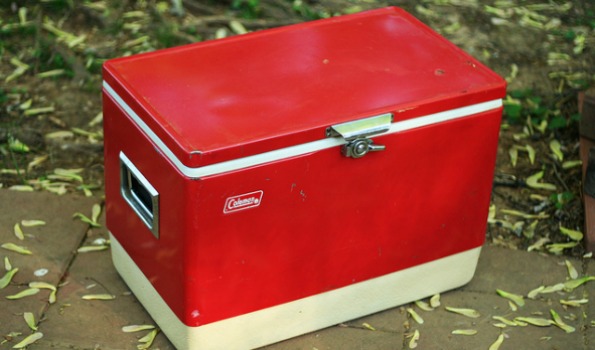
Ice from the grocery does not cost very much, usually $2-$3 for a reasonably sized bag. If you fill your cooler full of ice from the grocery, your ice can melt much more quickly than if you have larger chunks of ice. That means at best you could find yourself picking up ice several times during your trip. At worst, your food could spoil causing you to rebuy your food or end up with food poisoning.
You can save yourself the trouble by freezing large half-full bottles of water to stock up your cooler. Make sure not to freeze them with the bottle completely full, as the bottle will burst. These bottles cannot only help keep your cooler cold, it also provides drinking water as they melt. You can also freeze some of your food ahead of time to help preserve it. Hamburgers, hot dogs, and other meats are great choices to freeze ahead of time. If you can, pack food in a separate cooler from drinks. We tend to open the drinks cooler much more frequently, and packing food separately can help ensure your food stays cold and does not spoil.
Shop Your Own Pantry
Before you head out to the campground, make sure you shop your own pantry for items. Making and bringing food from home can save you big money. You can prepare some pre-made meals ahead of time such as stew or spaghetti sauce, and you may even already have some in your freezer. Make sure to include items such as spices, ketchup, mustard and other condiments you might like on your trip. Small sizes of these condiments cost premium prices at campsites or at the small grocery stores nearby. Save yourself the cash and bring some from your fridge.
Shop Your Own Medicine Cabinet and Home
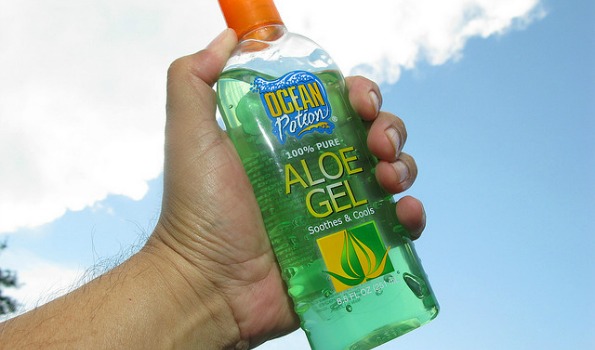
This is along the same lines, but make sure to pack medical supplies. Bandaids, basic pain medication, cotton gauze and other medical supplies also cost a small fortune at the small camping stores. Bring some from home and save yourself from those ridiculously high prices. Also, do not forget bug spray, sunscreen and any pain relief you prefer such Aloe Vera gel or Benadryl. You will thank me when that bug bite and sunburn are painful at 2 am. Here are other items you can bring from home and save yourself the trouble of rebuying at higher prices.
- Duct Tape
- Roll of Nylon Rope
- Pillows
- Paper Towels
- Trash Bags
- Dish Soap
- Cooking Oil
- Cutting Board and Knife
For a full checklist of suggestions of items to bring with you camping, check out this list from Love The Outdoors. I find this list is rather exhaustive but includes many of the items you need. Choose carefully what you might need before you enjoy the great outdoors. Many extra items can drag on your gas costs if your car is stuffed full.
Bargainmoosers, what are your tips for keeping your camping trips frugal?
(Image Credit: Arup Malakar, Noah Bolton, frankieleon)
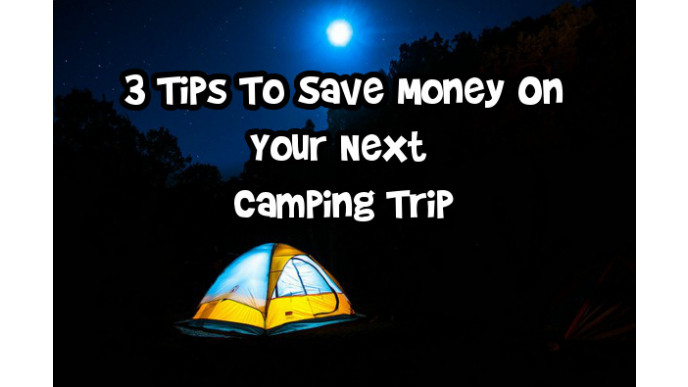

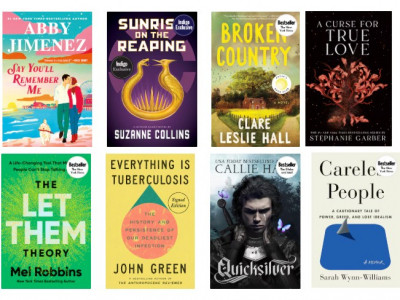
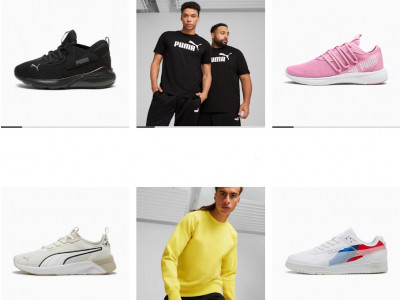
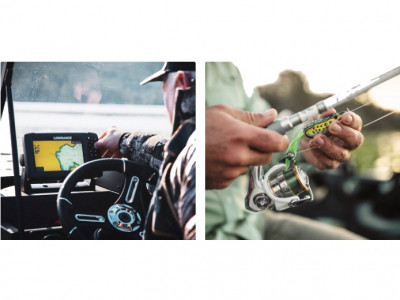
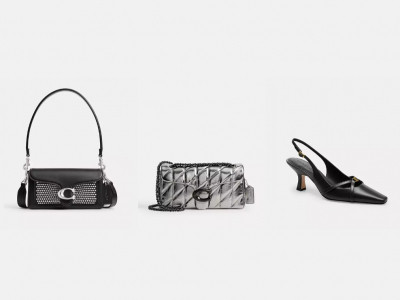


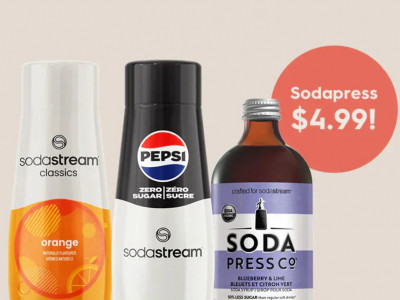
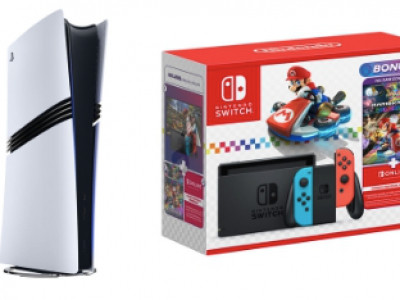


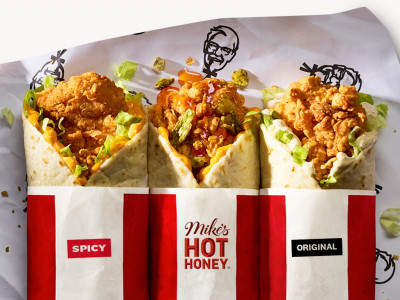

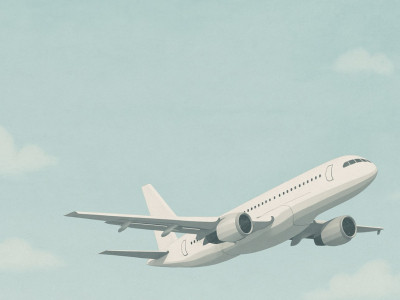
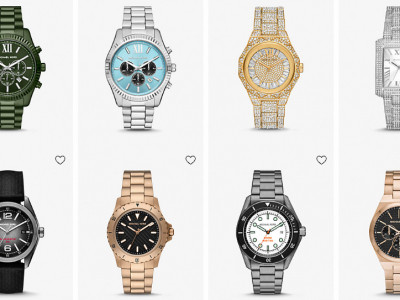






Comments